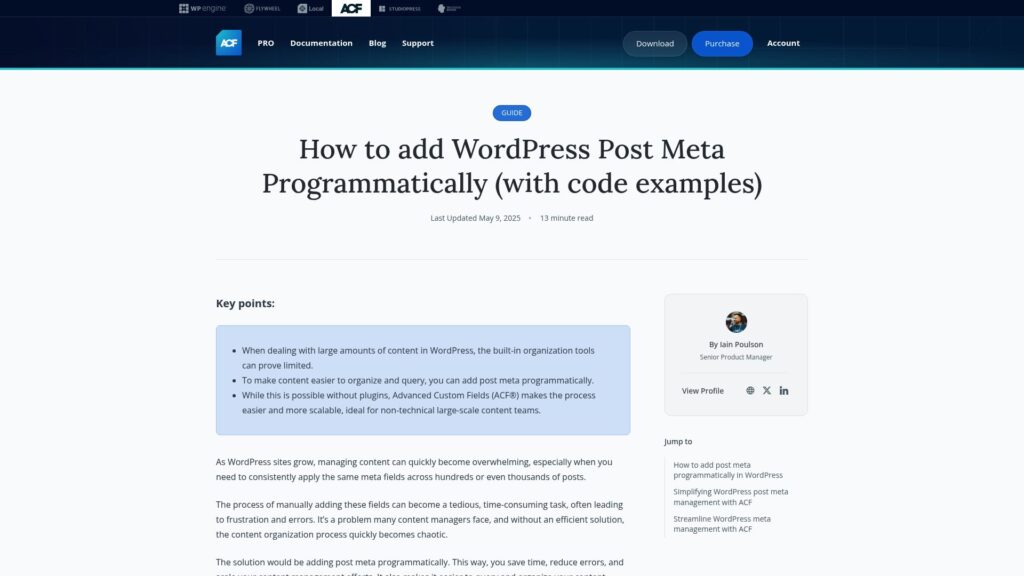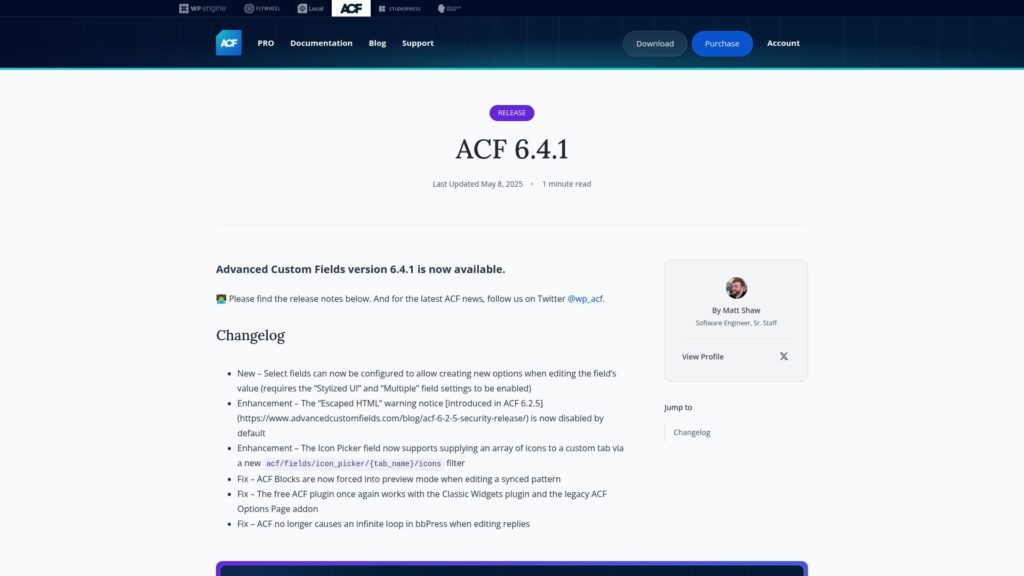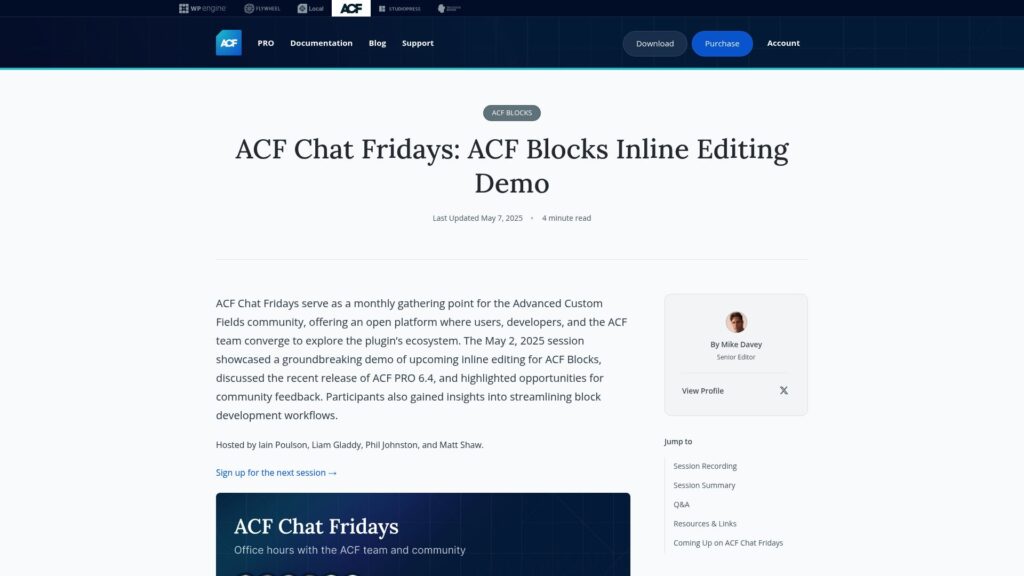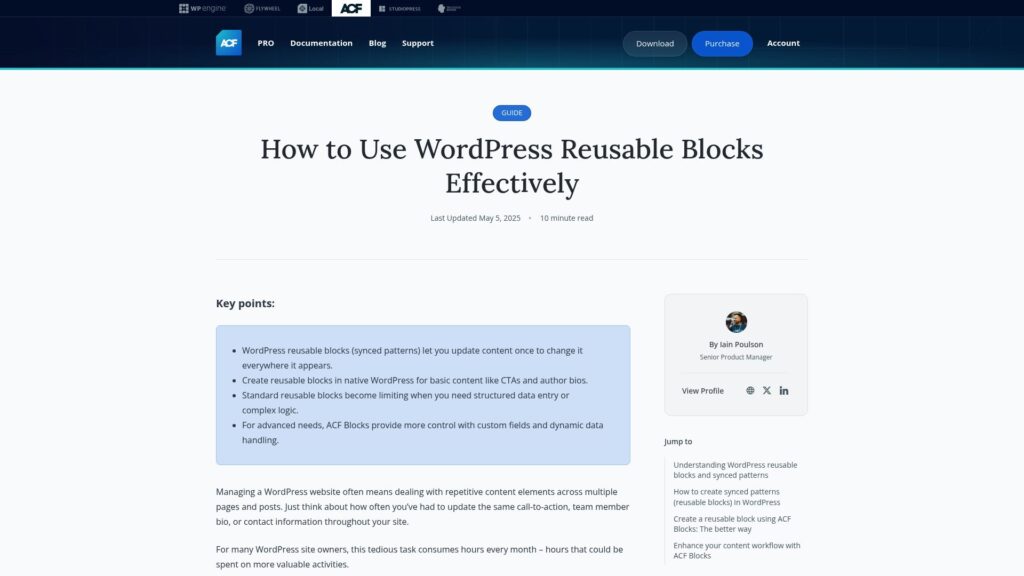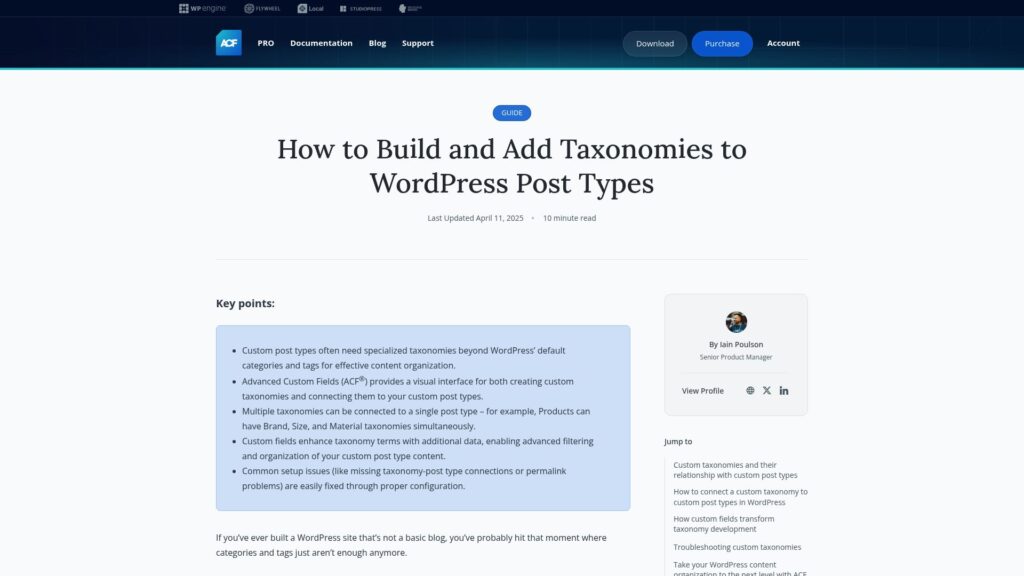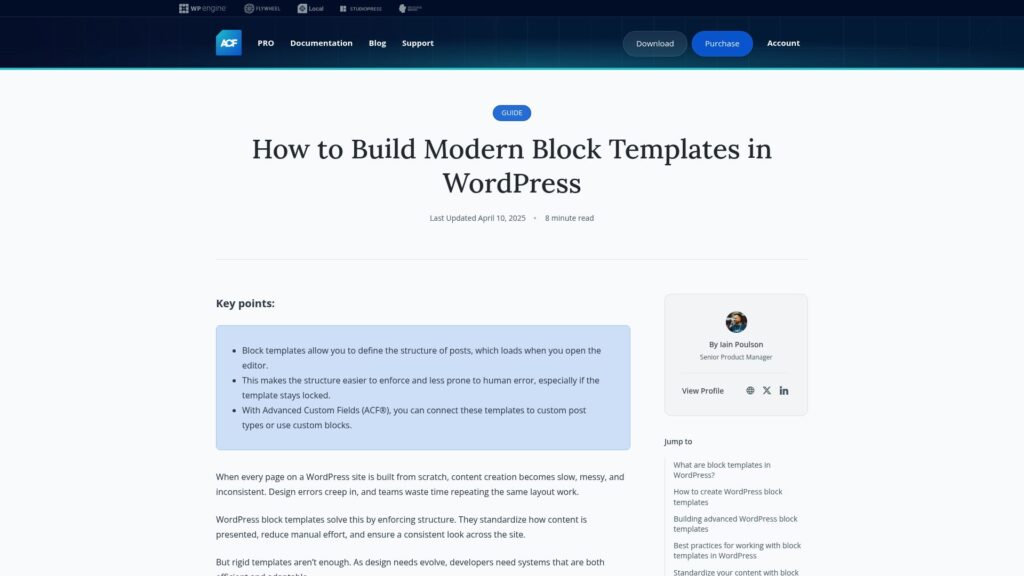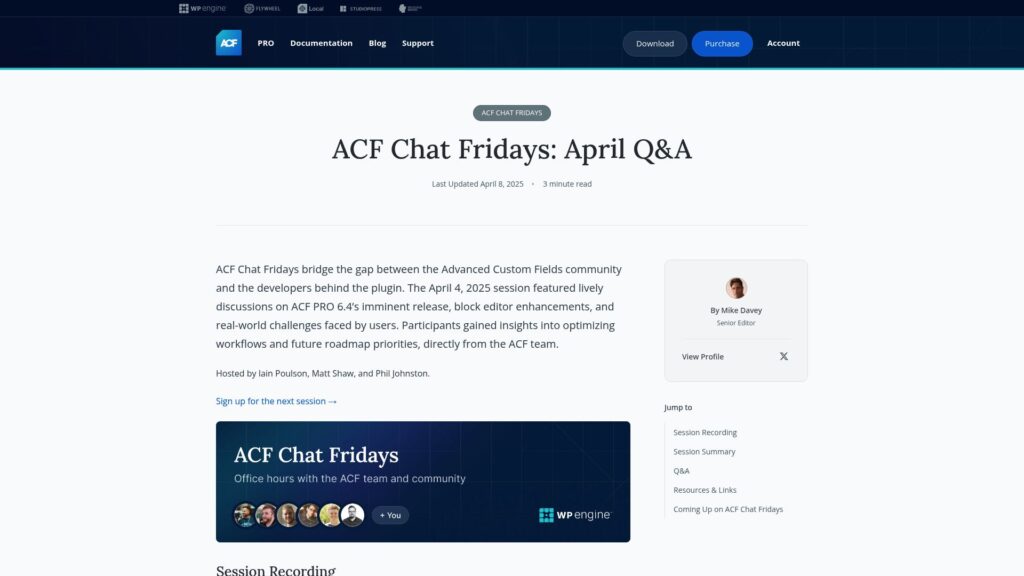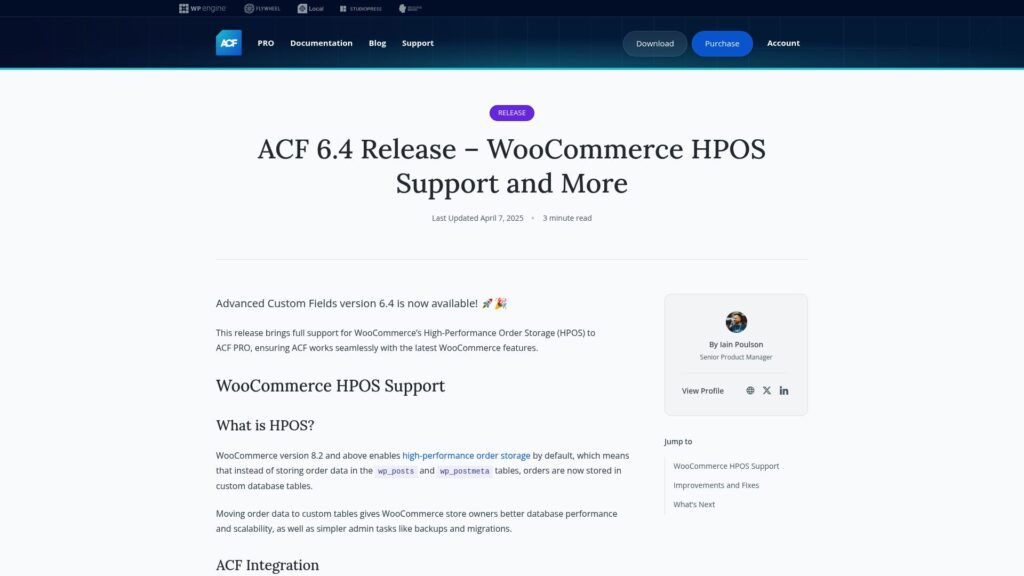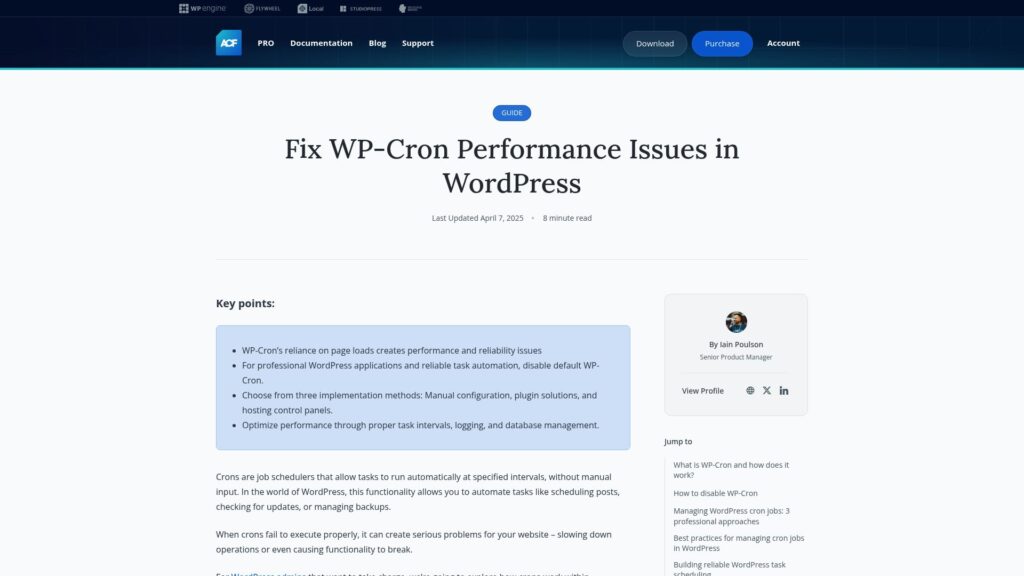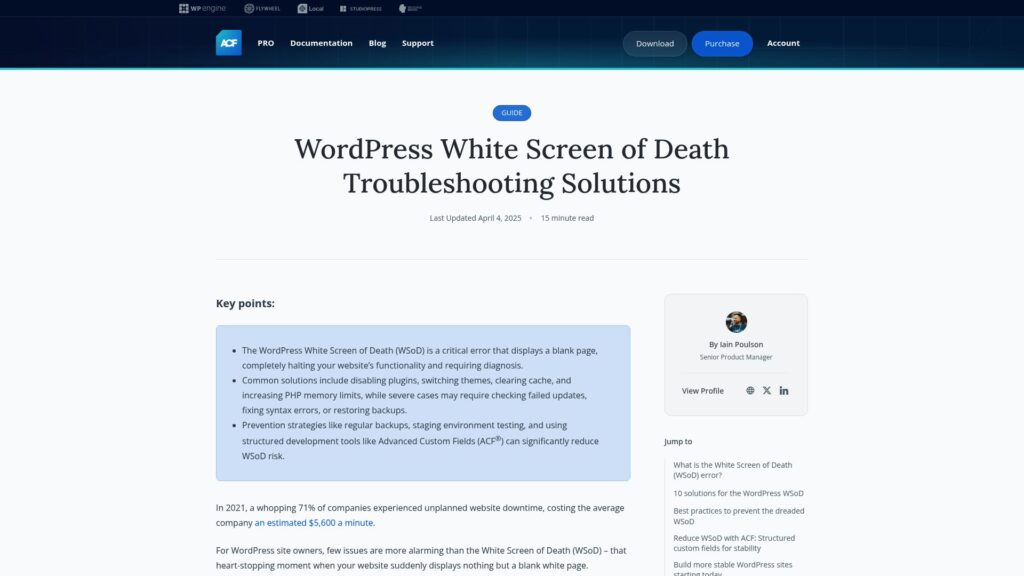How to Add WordPress Post Meta Programmatically (with Code Examples)
TLDR: Managing large WordPress content can be challenging; adding post meta programmatically aids organization and efficiency. While possible without plugins, ACF makes the process user-friendly and scalable. Steps include creating backups, using custom plugins, and testing in safe environments. You can add meta to all posts, specific posts, or create new posts with custom metadata. ACF allows for easy custom field creation and management, making it ideal for non-technical teams, enhancing metadata handling and overall content management.
https://www.advancedcustomfields.com/blog/wordpress-add-post-meta-programmatically/
